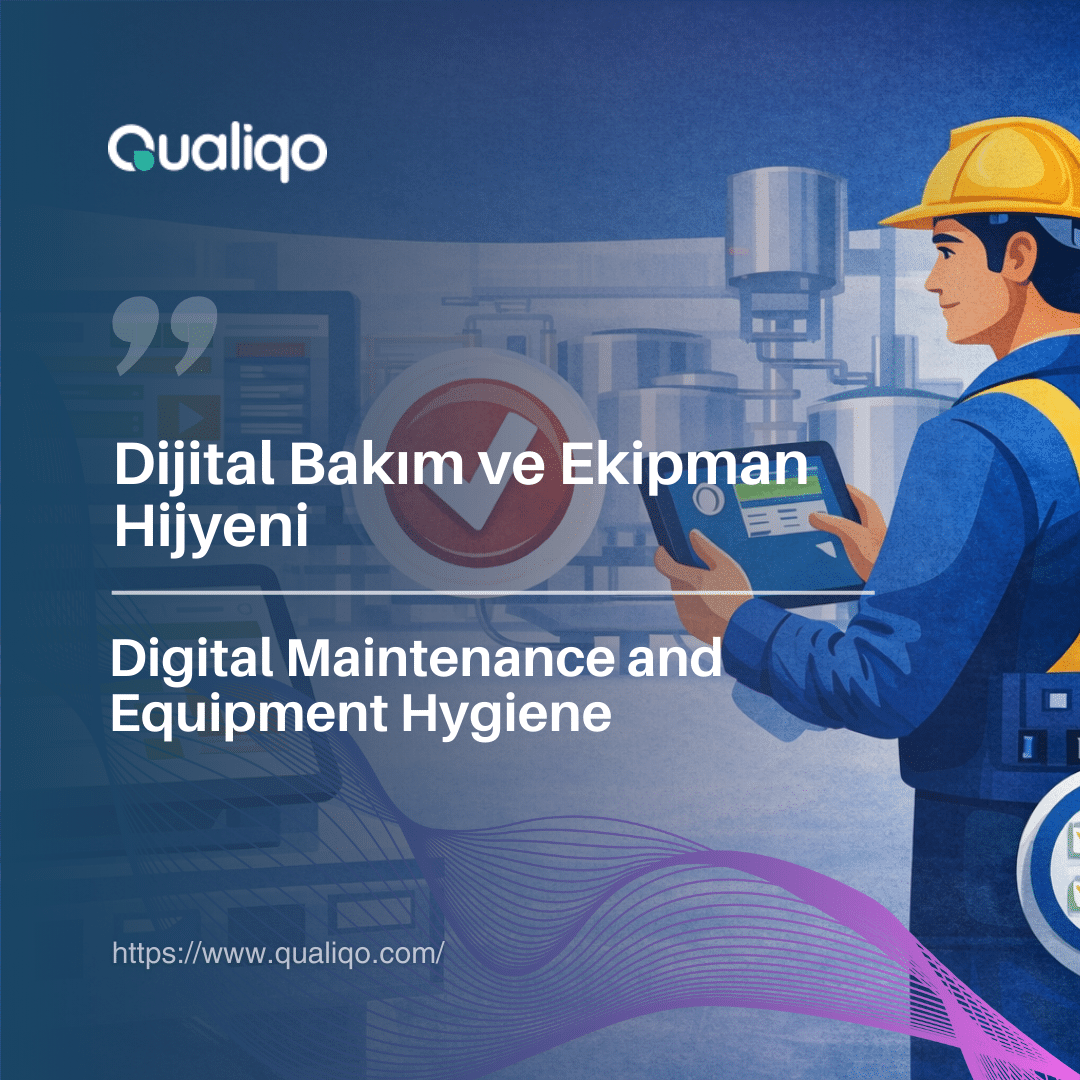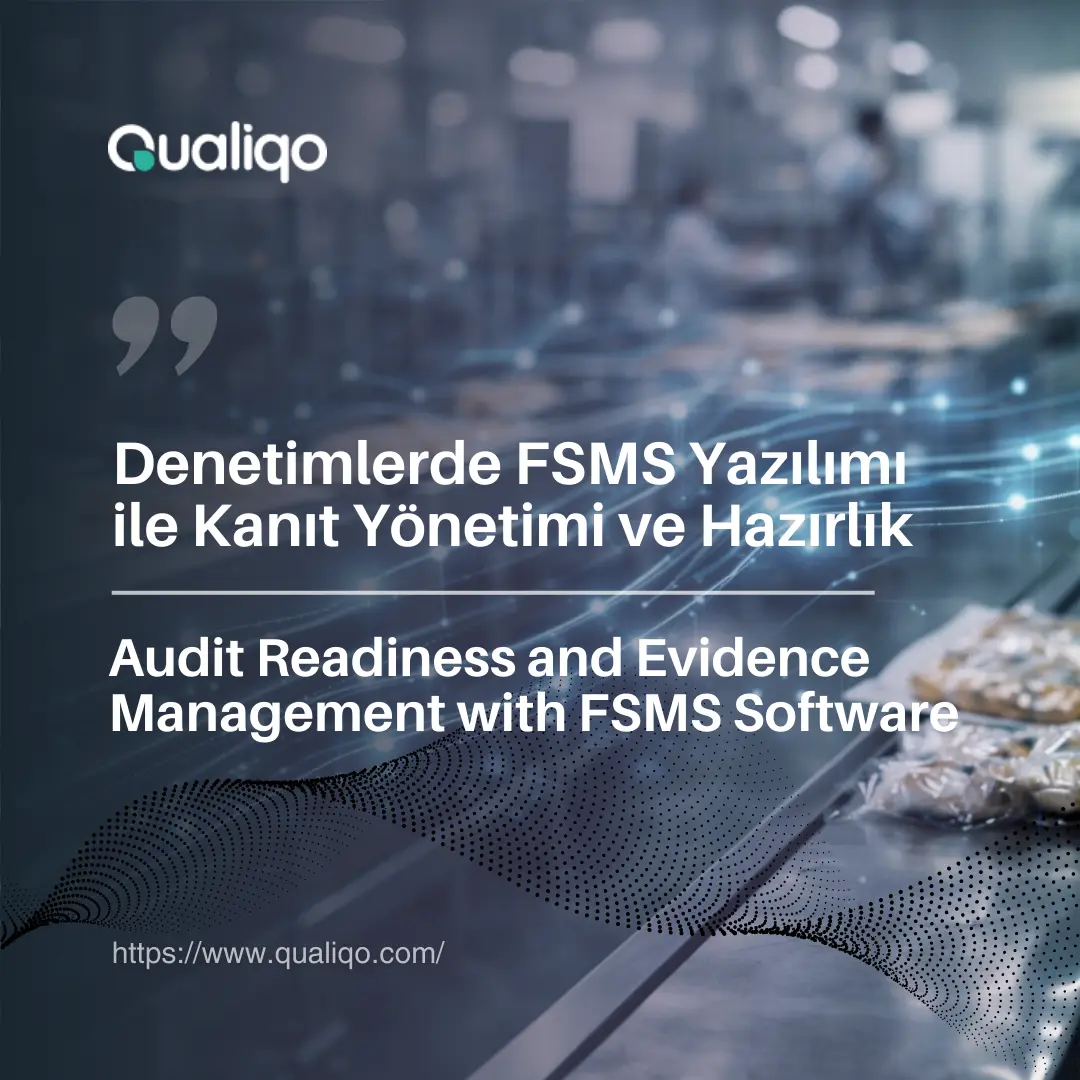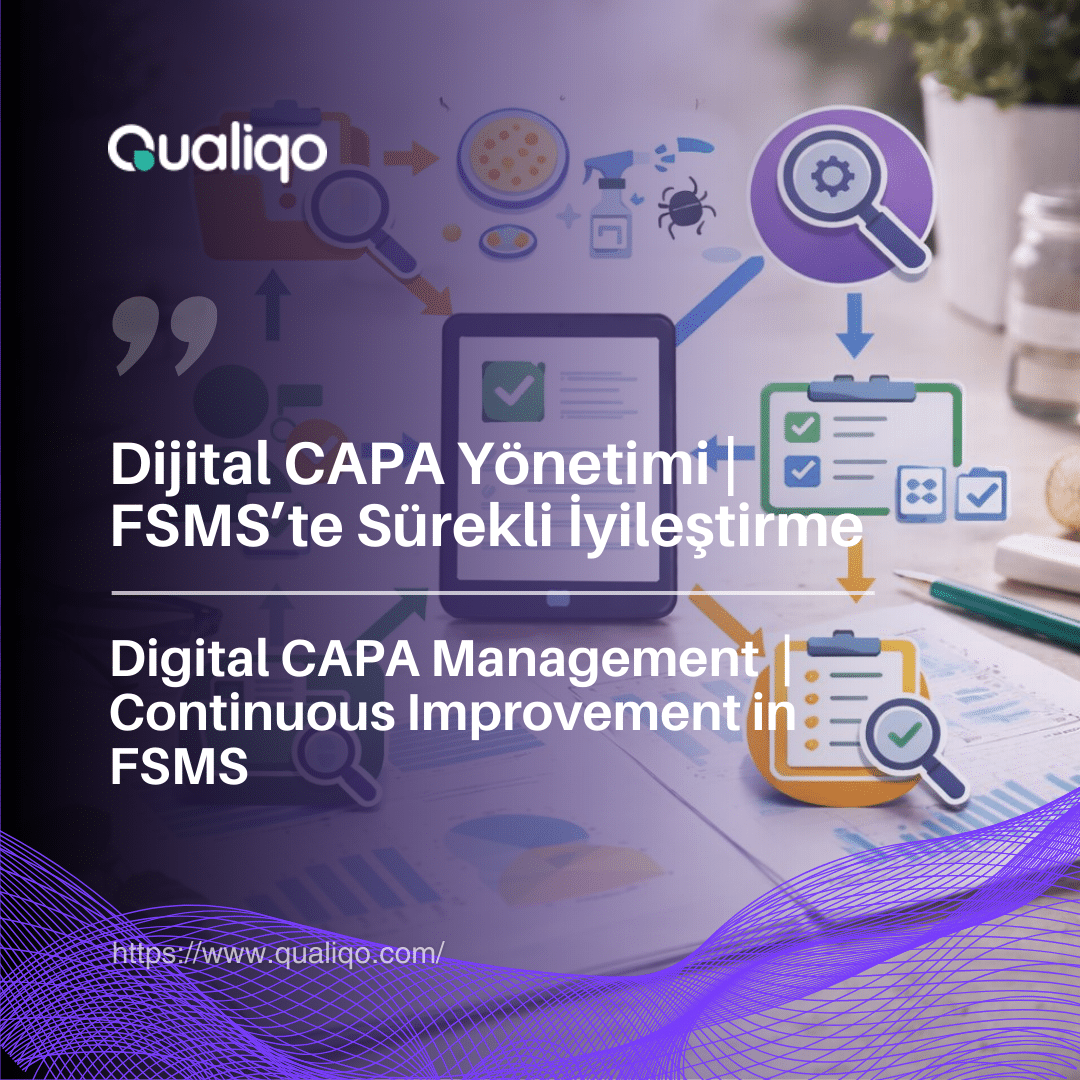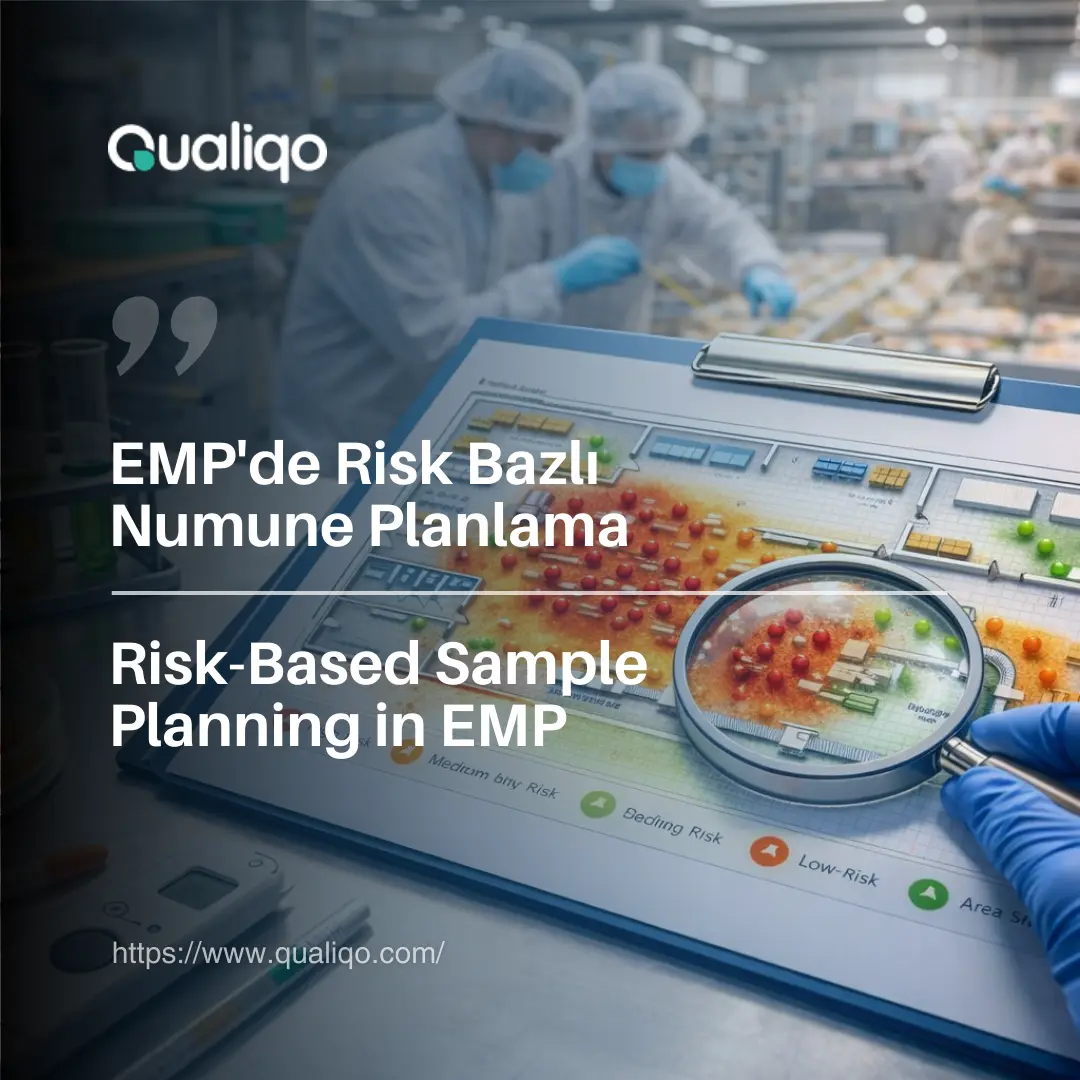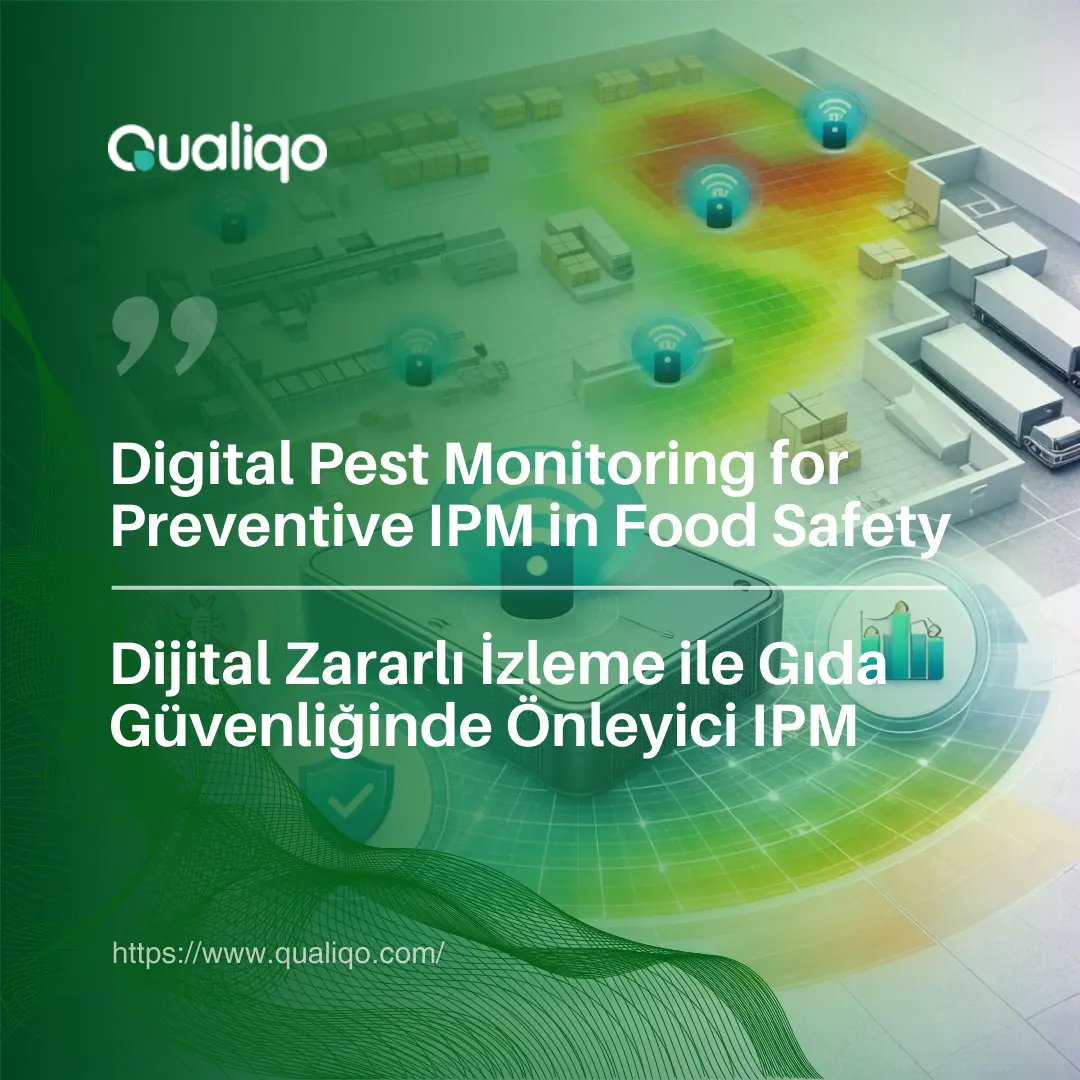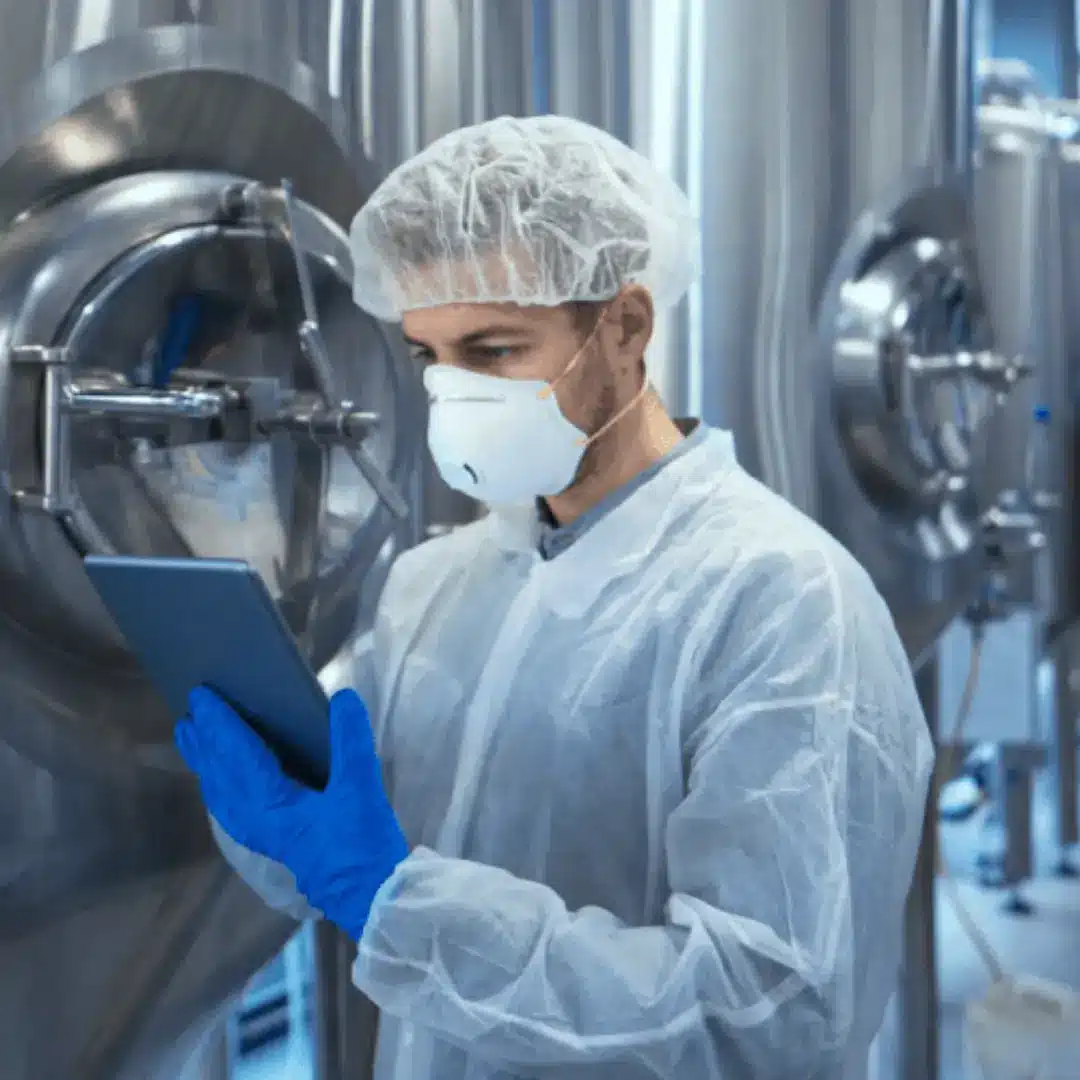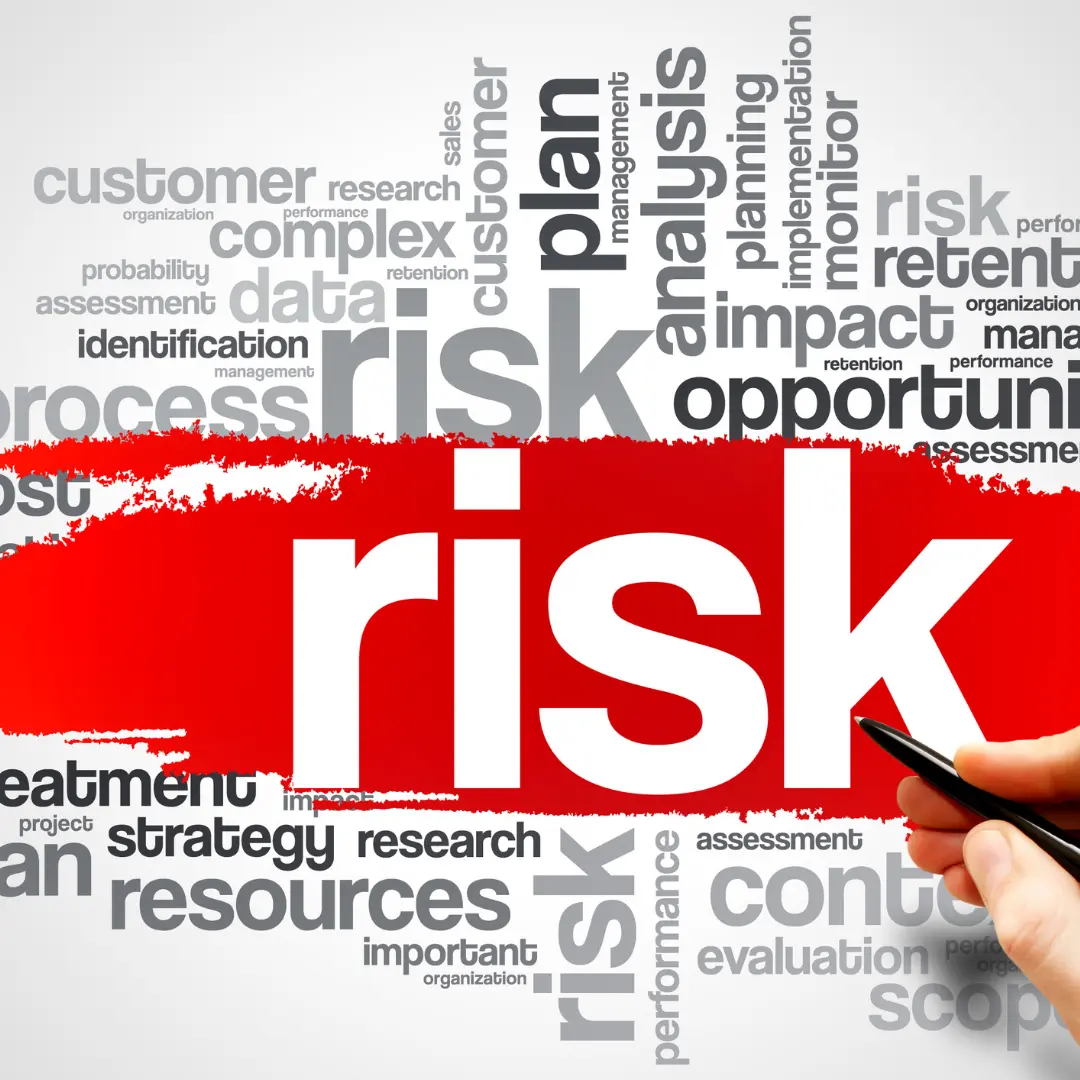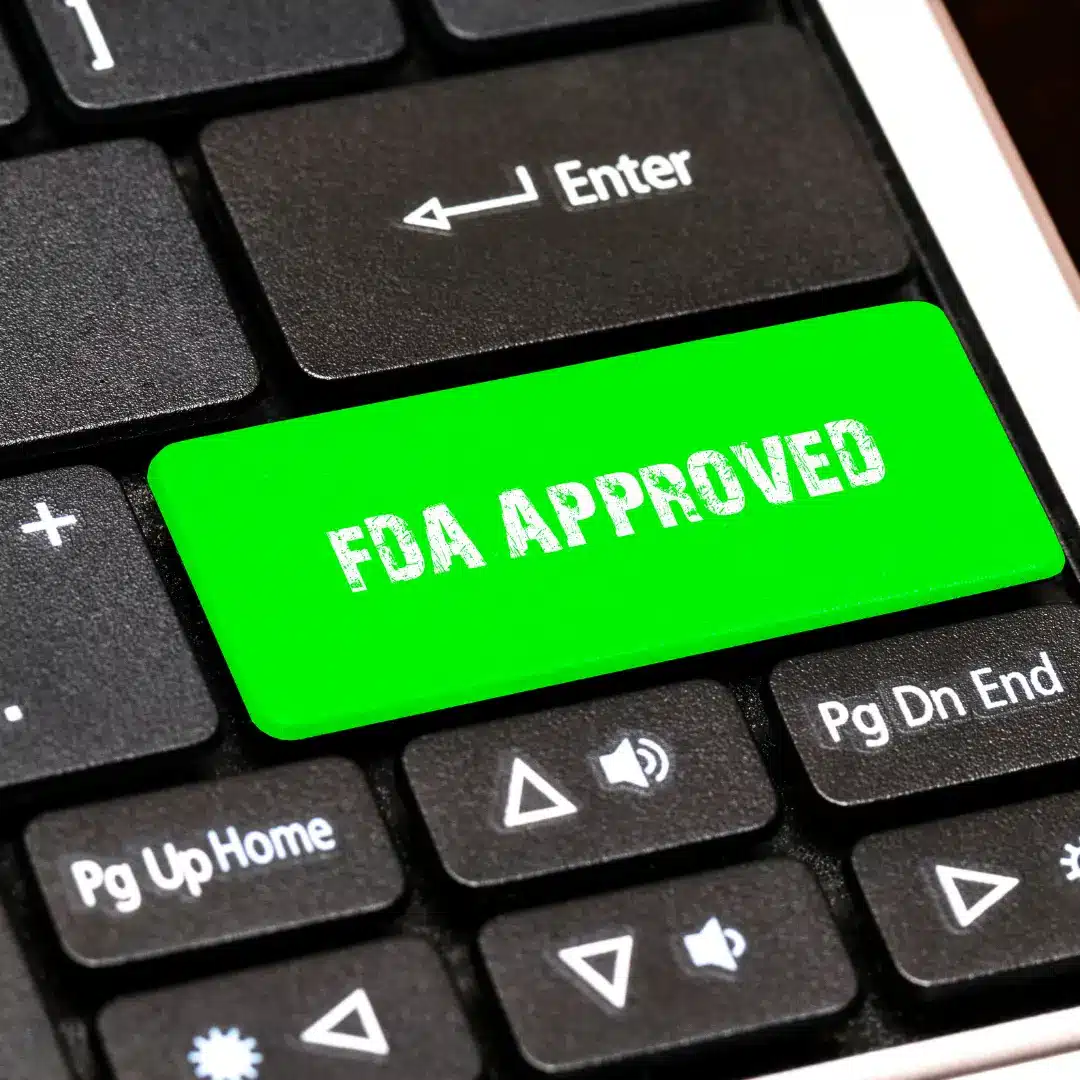What Is Food Safety Assurance
Food safety assurance is the set of processes that ensure products are safe and hygienic from production to consumption. In addition to protecting consumer health, it is also critical for legal compliance and brand integrity.

The Five Fundamental Principles of Food Safety Assurance
1. Hazard Analysis and Critical Control Points HACCP
At every stage of food production, potential hazards are identified and critical control points CCP are established. The HACCP system minimizes biological, chemical, and physical risks.
Table 1: Sample HACCP Control Points
| Production Stage | Potential Hazard | Critical Control Point | Preventive / Control Method |
|---|---|---|---|
| Raw Material Reception | Bacterial contamination | Temperature measurement | Temperature control and certificate verification |
| Cooking / Sterilization | Insufficient heat treatment | Cooking time and temperature | Thermometer check, automated monitoring |
| Packaging | Physical foreign materials | Visual inspection | Metal detector, optical scanning |
2. Cleaning and Sanitation
Cleaning of equipment and production areas reduces contamination risk. With regular sanitation plans, both microbial and chemical risks are kept under control.
Table 2: Sample Cleaning and Sanitation Plan
| Area / Equipment | Cleaning Frequency | Product / Method Used | Responsible Person |
|---|---|---|---|
| Production line | Daily | Food-grade disinfectant | Production staff |
| Warehouse and cold room | Weekly | Disinfectant and mop | Maintenance team |
| Packaging machines | Daily | CIP system | Operator |
3. Personnel Training and Awareness
Hygiene and food safety are ensured through both the knowledge and awareness of employees. Regular training programs are critically important.
Sample Training Topics:
- Personal hygiene practices
- Prevention of cross-contamination
- Cleaning and sanitation procedures
- Use of food safety software
4. Traceability and Record Keeping
Recording all production and hygiene processes enables rapid intervention in case of any issue.
Table 3: Sample Traceability
| Product / Batch | Production Date | Raw Material Source | Storage Conditions | Sales Point |
|---|---|---|---|---|
| Milk 1L | 01.11.2025 | Farm A | 4°C, 24 hours | Market X |
| Yogurt 500g | 02.11.2025 | Farm B | 4°C, 48 hours | Market Y |
5. Continuous Audit and Improvement
Food safety management is a dynamic process. With regular internal and external audits, processes are optimized and risks are minimized.
Continuous Audit Cycle:
Plan → Apply → Check → Improve
Digital Solutions for Food Safety Assurance
Food safety and sanitation management software enables digital tracking of all these principles:
Traceability report generation
Management of HACCP and sanitation plans
Storage of personnel training and audit records
Minimizing risks through automatic alerts and notifications
Modern food businesses apply these fundamental principles to meet legal requirements and gain consumer trust. Food safety and sanitation management software digitally tracks and reports all these processes and increases operational efficiency.
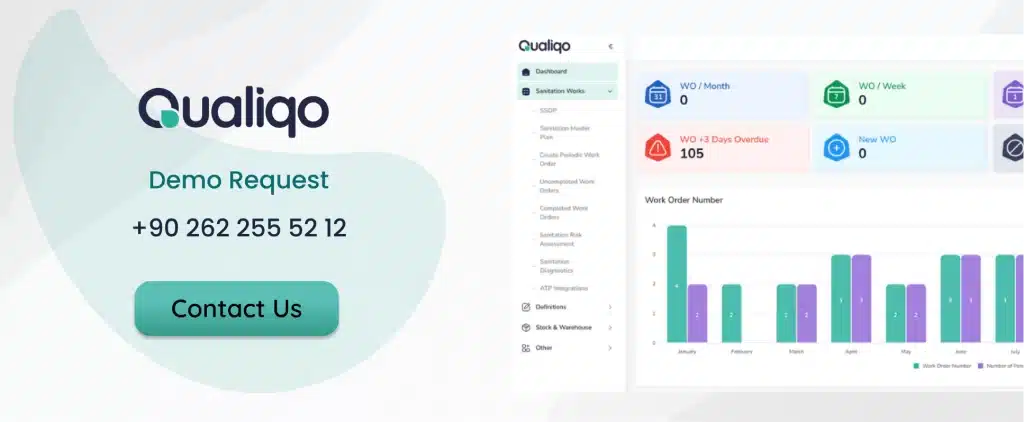
Next Steps
For food companies seeking efficiency, Qualiqo offers a reliable, all-in-one sanitation management solution. Qualiqo is designed to streamline food safety and sanitation processes for better operational control. It helps businesses track cleaning schedules, verify tasks, and meet food safety standards. Features include audit management, real-time alerts, and complete traceability across operations. With Qualiqo, food businesses embrace digital transformation and reinforce their food safety commitment.
Did you get enough information about “The Five Fundamental Principles of Food Safety Assurance“
Qualiqo is here to help you. It answers your questions about sanitation and hygiene, Lab. & EMP, IPM and Pest Control. We also provide information about the main features and benefits of the software.
We help you access the Qualiqo demo and even get a free trial.



